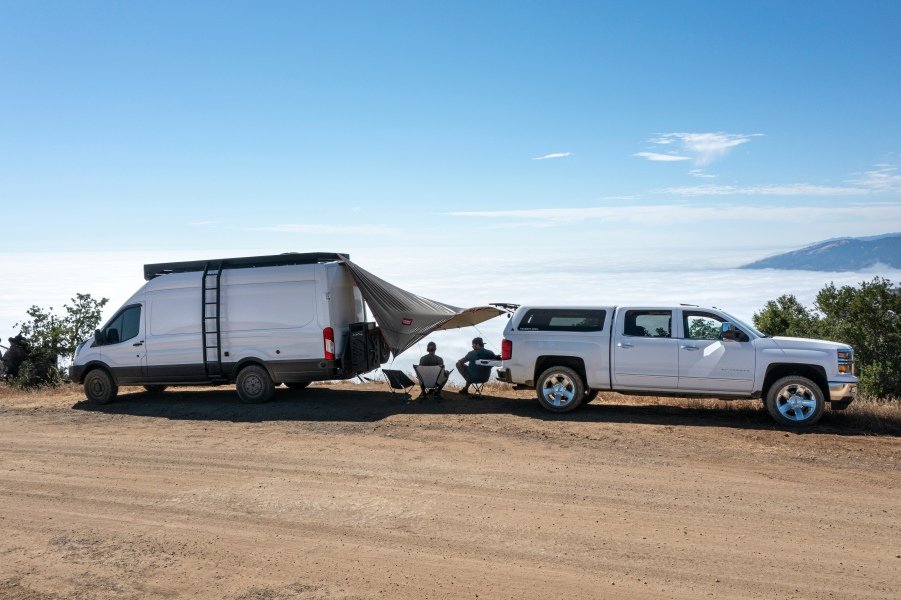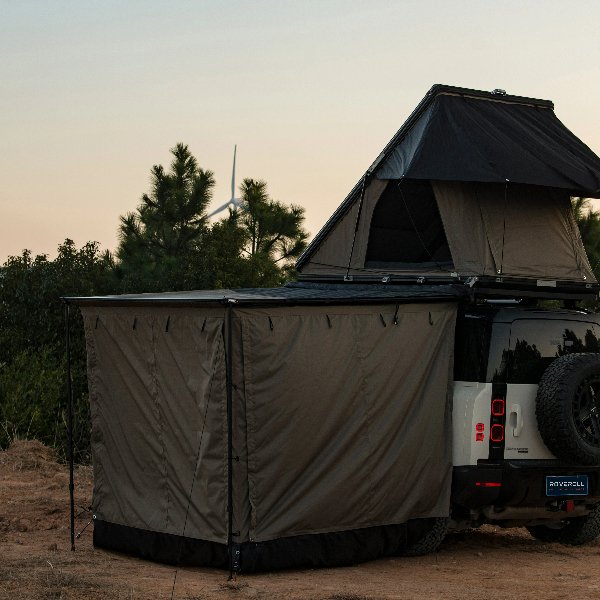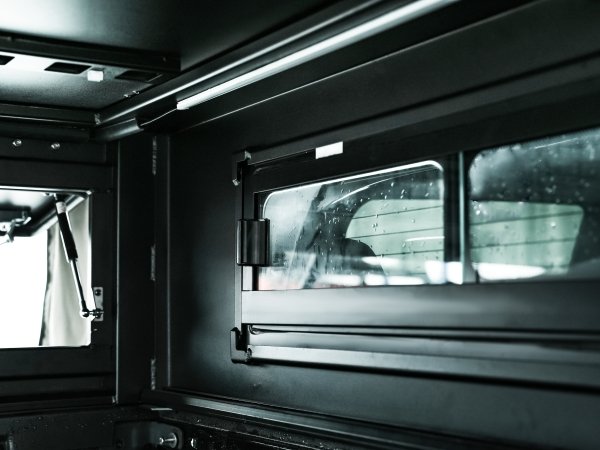Choosing the right camper shell can transform your truck into a versatile vehicle. It offers protection and extra storage space. But with so many options, how do you decide?
This guide will help you navigate the camper shell selection process. We’ll explore different types, materials, and features. You’ll learn what to consider for your specific needs.
Whether you’re a camper, outdoor enthusiast, or just need more storage, there’s a camper shell for you. We’ll cover everything from fitment to installation.
By the end, you’ll be equipped to make an informed decision. Enhance your truck’s utility with the perfect camper shell.
What Is a Camper Shell and Why Use One?
A camper shell, also known as a truck cap, is a cover for your truck bed. It provides secure storage and shields from the elements. This addition can greatly enhance your truck’s utility.
Why should you use a camper shell? Here are a few reasons:
- Protect your gear from weather.
- Increase storage space.
- Improve security with lockable options.
For campers and outdoor lovers, a camper shell offers a cozy sleeping area. It transforms an open truck bed into a sheltered space. Whether for work or leisure, a camper shell can meet various needs with ease.
Types of Camper Shells: Which Style Fits Your Needs?
Choosing the right camper shell style is crucial. Each type offers unique benefits for different uses. Understanding these differences can help you make an informed decision.
Common types of camper shells include:
- Cab-high: Matches the truck’s cab height for a sleek, aerodynamic look.
- Mid-rise: Offers more space than cab-high models while maintaining good aerodynamics.
- High-rise: Provides maximum space and headroom for optimal comfort.
The cab-high style is perfect for those seeking a streamlined appearance. It’s ideal for city driving with minimal impact on fuel efficiency.
Mid-rise shells offer a balance between appearance and space—great for those needing additional room without sacrificing too much aerodynamics.
High-rise models suit campers who require extra headroom and storage. They accommodate larger items or taller individuals.
Camper Shell Materials: Pros and Cons
Selecting the right material for your camper shell is vital. The material impacts the shell’s durability, weight, and price. Each type brings its own advantages and drawbacks.
Common materials include:
- Fiberglass: Durable and stylish with a sleek, custom finish. Heavier and more expensive.
- Aluminum: Aluminum: Durable, moderately priced, and lightweight—offering a balanced blend of strength and practicality. Check out our aluminum camper shell to find the perfect fit for your truck.
- ABS Plastic: Lightweight and dent-resistant. Budget-friendly but less durable than fiberglass.
Consider how you plan to use your truck when selecting a material. Balancing cost, weight, and function will guide you to the best choice for your needs.
Key Features to Consider in Truck Camper Shells
Understanding the features of camper shells can greatly enhance their utility. It’s crucial to know what adds value to your purchase.
Here are some key features to consider:
- Windows and Ventilation: Sliding windows or vents improve airflow, essential for camping.
- Locking Mechanisms: Locks safeguard your items—choose reliable systems.
- Roof Racks: Great for carrying extra gear; ideal for outdoor adventurers.
Ensure the camper shell suits your lifestyle and activities. Think about usage frequency, climate, and the security required.
Fitment and Compatibility: Ensuring the Right Match
Selecting the right camper shell begins with ensuring a proper fit. A shell should align perfectly with your truck’s make and model.
Key considerations for fitment include:
- Bed Size: Make sure the shell matches your truck bed dimensions.
- Tailgate Design: Check for compatibility to ensure secure closure.
- Bed Accessories: Existing liners or covers can affect fitment.
Check compatibility details before purchase. Manufacturers often provide fitment guides to avoid mistakes.
Installation: DIY or Professional?
Deciding between a DIY installation or hiring a professional can be tough. It depends on your skill level and confidence.
Consider these factors:
- Skill Level: Be honest about your technical skills.
- Tools Required: Ensure you have the right equipment.
- Installation Support: Some manufacturers offer helpful guidance.
Professionals provide peace of mind, but DIY can be rewarding for hands-on individuals.
Budget and Value: Finding the Best Camper Shells for Your Money
Selecting a camper shell requires balancing quality and budget. The price varies based on materials and features.
Here’s how to maximize value:
- Set Priorities: Define must-have features.
- Compare Brands: Look for competitive pricing and reputation.
- Long-term Value: Consider durability and resale over initial cost.
Investing wisely now can save money and hassle later.
Tips for Making the Best Choice
Choosing the right camper shell involves careful planning. Start by identifying your primary use—work, camping, or storage.
Consider these tips:
- Research Thoroughly: Read reviews and testimonials.
- Test Fitment: Ensure it fits your truck model.
- Consider Upgrades: Plan for future accessories or modifications.
A well-informed decision boosts your satisfaction and the shell’s performance.
Conclusion: Enhance Your Truck’s Utility with the Right Camper Shell
Selecting the perfect camper shell requires a balance between functionality and style. With the right choice, your truck becomes more versatile for both leisure and work.
Invest time in research to ensure your shell complements your lifestyle and vehicle. Once installed, it enhances your truck’s utility—providing protection, extra storage, and peace of mind.




